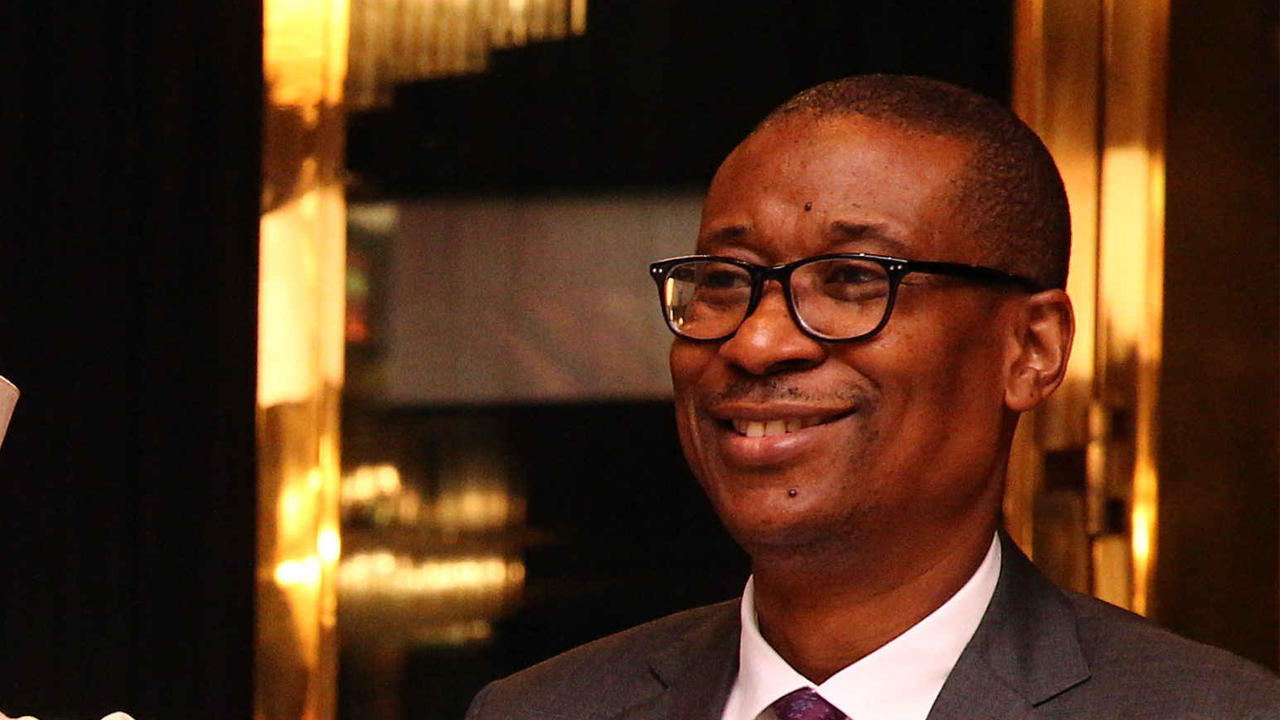- World Bank’s GEM Project Undergoing Restructuring – Enelamah
The Minister of Industry, Trade and Investment, Okechukwu Enelamah, on Tuesday said the Growth and Employment Programme being implemented by the ministry and sponsored by the World Bank was currently being restructuring.
He said this during a chat with journalists at the headquarters of the ministry in Abuja.
The Federal Government had disbursed a total of $12.2m (N3.7bn) to 910 beneficiaries under the project.
The $160m project became effective in July 2013 and came to an end on September 7, 2018.
It focused on manufacturing and service sectors, specifically supporting Information Communication Technology, entertainment, tourism and hospitality, light manufacturing (and agro-processing industries) and construction.
A petition by the Deputy Chairman, House of Representatives Committee on Petroleum Resources (Upstream), Mark Gbillah, had alleged that Enelemah diverted $35m out of the fund to an illegal Small and Medium Enterprise Fund.
The lawmaker had claimed that barely three months into the GEM project, the minister appointed a former staff of his personal company, African Capital Alliance, Mr Ugo Ikemba, as the project coordinator in violation of laid down guidelines.
But reacting to the accusations, the minister said that there was no breach of World Bank principles in the implementation of the project.
He explained that all the World Bank’s rules that governed the implementation of the project were adhered to.
Enelamah stated that the appointment of his former employee as the GEM project coordinator conformed to the conditions of the World Bank for administering the project.
The minister absolved himself of misconduct in the handling of the project, noting that the World Bank-sponsored project was undergoing restructuring to cover more people.
He said, “The project was initially being managed as part of the civil service. Somebody from the civil service was heading it, but the World Bank was not happy. It recommended that the offer should be thrown open to good and qualified candidates. The guy that came first wanted to be paid in foreign currency, a request World Bank turned down.
“But the man that came second had a lower set of conditions and he got sound experience, and we worked together at Capital Alliance. Everything was done transparently and the records are there.”
The minister added that there was ongoing discussion with the World Bank to extend the programme to cover more people.
He said the scheme was not a grant but a repayable soft loan to expand existing businesses and capacity building for small-scale business operators.
Enelamah denied that the rule was skewed to favour a particular set of candidates.
“The implementation is undergoing restructuring to make sure it is extended to cover more people,” he added.
Speaking on the gains of the recent trip to China of President Muhammadu Buhari in which five Memoranda of Understanding were signed by Nigeria and the Chinese government, the minister said there was a $2bn support fund for expansion of the cotton, textile and garment sector.
This, he stated, would be applied across the textile value chain.

 Education4 weeks ago
Education4 weeks ago
 News3 weeks ago
News3 weeks ago
 Business3 weeks ago
Business3 weeks ago
 Technology3 weeks ago
Technology3 weeks ago
 Investment4 weeks ago
Investment4 weeks ago
 Investment3 weeks ago
Investment3 weeks ago
 Telecommunications4 weeks ago
Telecommunications4 weeks ago
 Banking Sector3 weeks ago
Banking Sector3 weeks ago






























